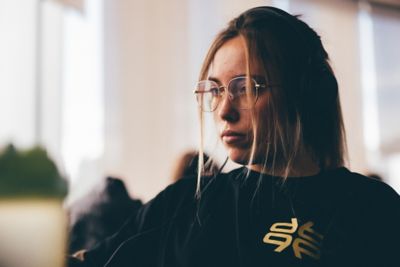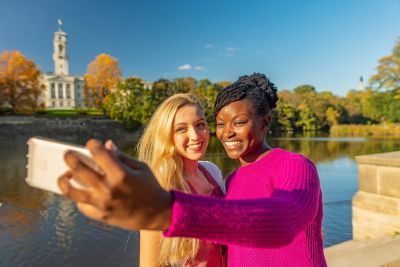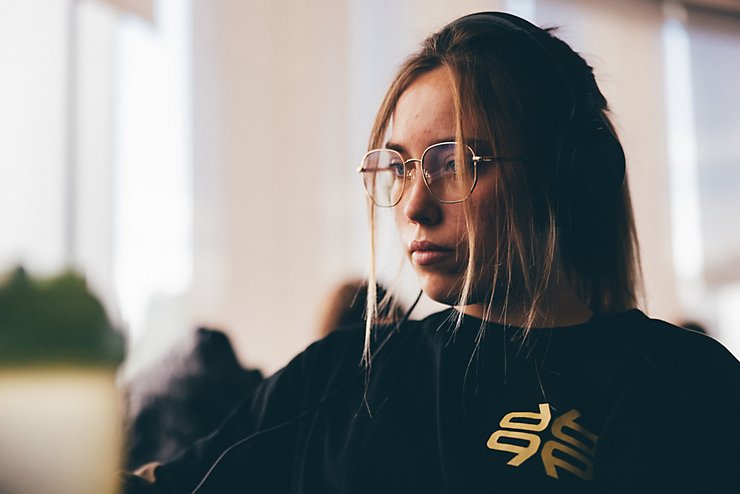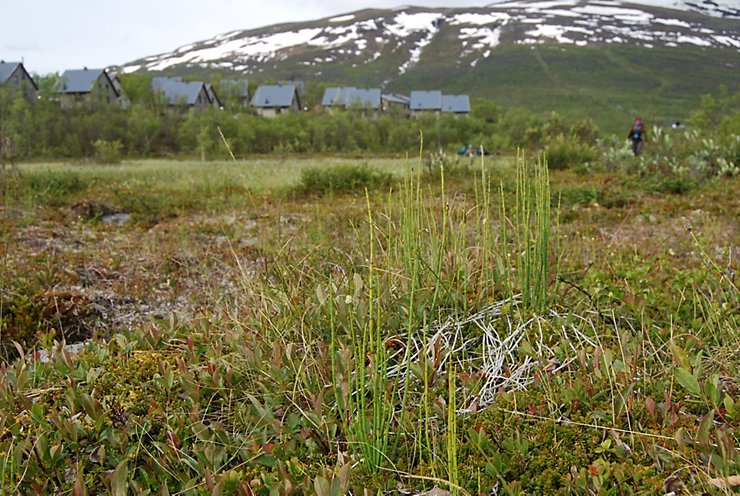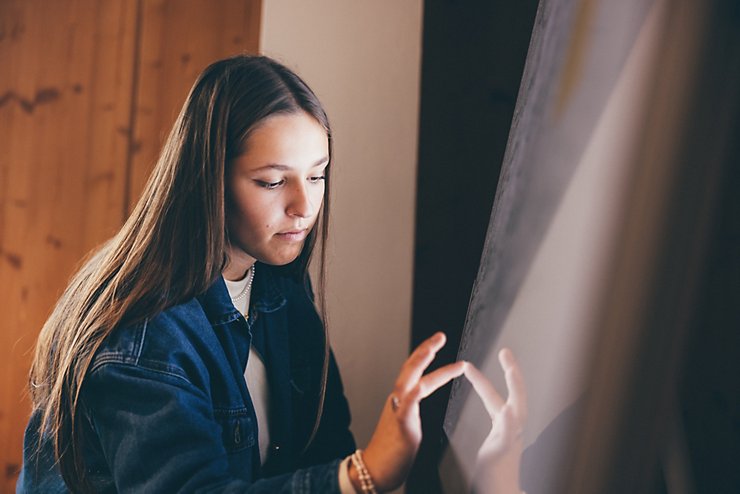Additional costs
All students will need at least one device to approve security access requests via Multi-Factor Authentication (MFA). We also recommend students have a suitable laptop to work both on and off-campus. For more information, please check the equipment advice.
Essential course materials for core Liberal Arts modules are supplied. Costs for additional materials may vary according to the modules you choose.
Books
You'll be able to access most of the books you’ll need through our libraries, though you may wish to buy your own copies of core texts.
A limited number of modules have compulsory texts which you are required to buy. We recommend that you budget £100 per year for books, but this figure will vary according to which modules you take.
The Blackwell's bookshop on campus offers a year-round price match against any of the main retailers (for example Amazon, Waterstones, WH Smith). They also offer second-hand books, as students from previous years sell their copies back to the bookshop.
Volunteering and placements
For volunteering and placements, such as work experience and teaching in schools, you will need to pay for transport and refreshments.
Optional field trips
Field trips allow you to engage with source materials on a personal level and to develop different perspectives. They are optional and costs to you vary according to the trip; some require you to arrange your own travel, refreshments and entry fees, while some are some are wholly subsidised.
Year Abroad
If you choose the Modern Languages Year Abroad pathway you will pay reduced fees for that year but also incur extra costs. For full information see the Year Abroad tab under Modules.
Scholarships and bursaries
Liberal Arts Fellowships
Our competitive Liberal Arts Fellowships cover accommodation and tuition for University of Nottingham summer schools.
Faculty of Arts Alumni Scholarships
Our Alumni Scholarships provide support with essential living costs to eligible students. Find out more about eligibility and how to apply.
University of Nottingham bursaries and scholarships
The University offers a wide range of funds that can provide you with an additional source of non-repayable financial help. See our bursaries and scholarships page for what's available.
International students
We offer a range of international undergraduate scholarships for high-achieving international scholars who can put their Nottingham degree to great use in their careers.If you are a student from the EU, EEA or Switzerland, you may be asked to complete a fee status questionnaire and your answers will be assessed using guidance issued by the UK Council for International Student Affairs (UKCISA) .
Additional costs
All students will need at least one device to approve security access requests via Multi-Factor Authentication (MFA). We also recommend students have a suitable laptop to work both on and off-campus. For more information, please check the equipment advice.
Essential course materials for core Liberal Arts modules are supplied. Costs for additional materials may vary according to the modules you choose.
Books
You'll be able to access most of the books you’ll need through our libraries, though you may wish to buy your own copies of core texts.
A limited number of modules have compulsory texts which you are required to buy. We recommend that you budget £100 per year for books, but this figure will vary according to which modules you take.
The Blackwell's bookshop on campus offers a year-round price match against any of the main retailers (for example Amazon, Waterstones, WH Smith). They also offer second-hand books, as students from previous years sell their copies back to the bookshop.
Volunteering and placements
For volunteering and placements, such as work experience and teaching in schools, you will need to pay for transport and refreshments.
Optional field trips
Field trips allow you to engage with source materials on a personal level and to develop different perspectives. They are optional and costs to you vary according to the trip; some require you to arrange your own travel, refreshments and entry fees, while some are some are wholly subsidised.
Year Abroad
If you choose the Modern Languages Year Abroad pathway you will pay reduced fees for that year but also incur extra costs. For full information see the Year Abroad tab under Modules.
Scholarships and bursaries
Liberal Arts Fellowships
Our competitive Liberal Arts Fellowships cover accommodation and tuition for University of Nottingham summer schools.
Faculty of Arts Alumni Scholarships
Our Alumni Scholarships provide support with essential living costs to eligible students. Find out more about eligibility and how to apply.
University of Nottingham bursaries and scholarships
The University offers a wide range of funds that can provide you with an additional source of non-repayable financial help. See our bursaries and scholarships page for what's available.
Home students*
Over one third of our UK students receive our means-tested core bursary, worth up to £1,000 a year. Full details can be found on our financial support pages.
* A 'home' student is one who meets certain UK residence criteria. These are the same criteria as apply to eligibility for home funding from Student Finance.
